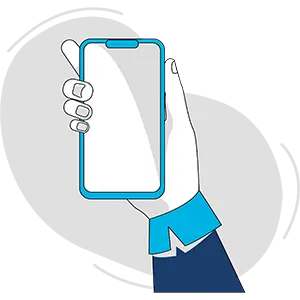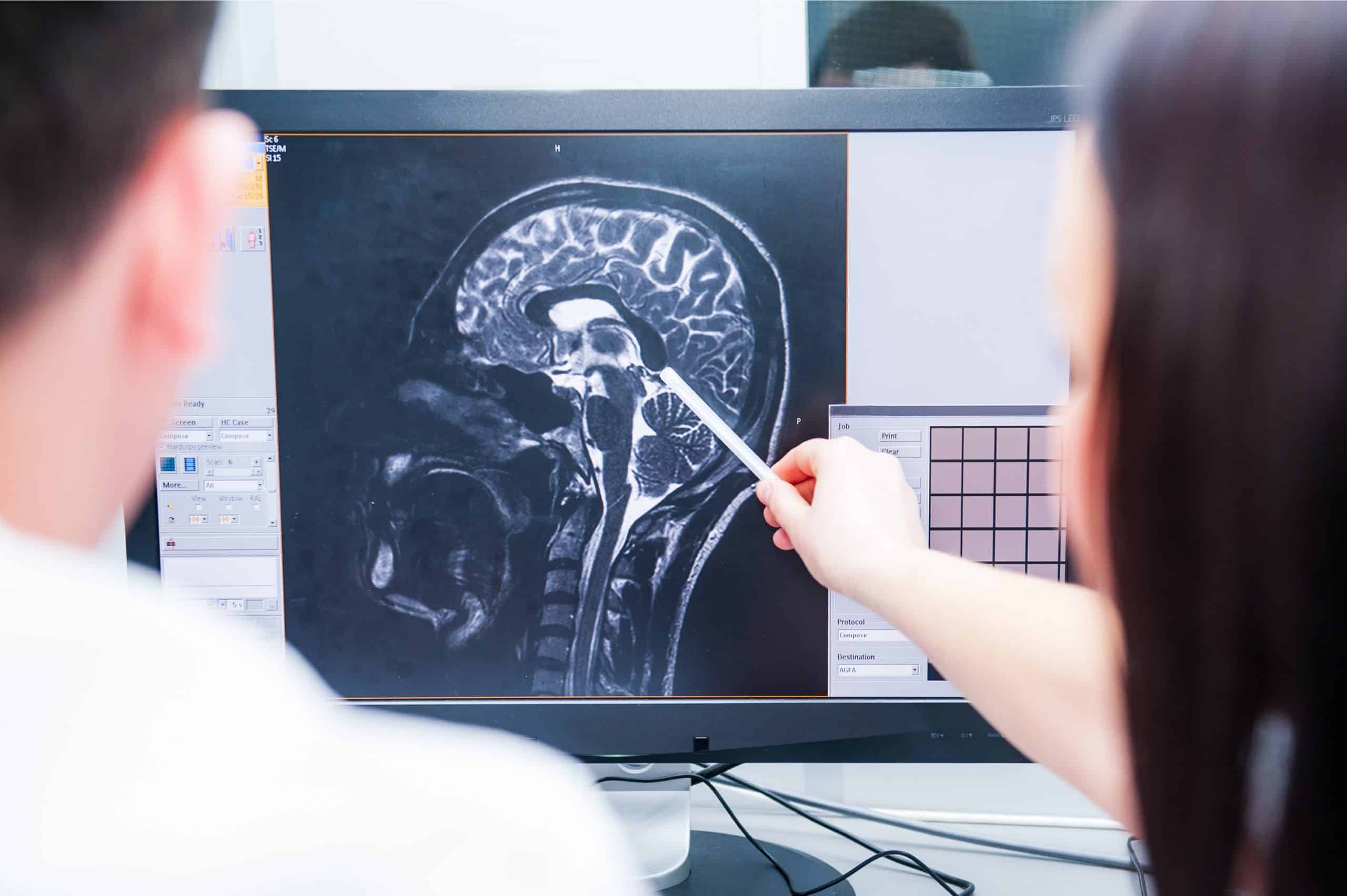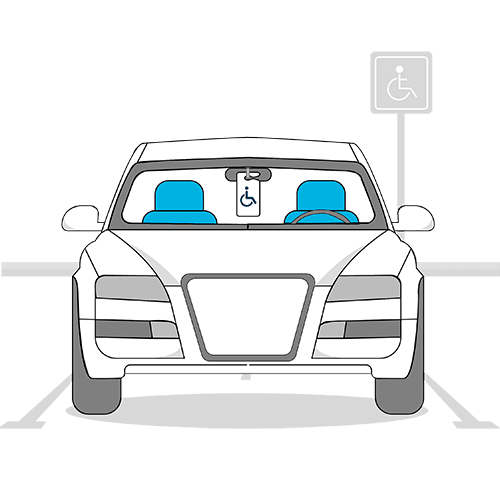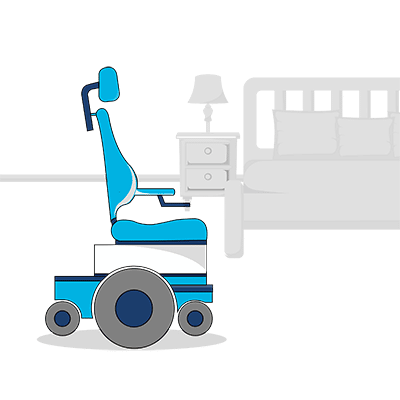Brain Awareness Week is a global celebration aimed at increasing awareness and appreciation for the human brain. This year we’re celebrating from Monday 15 March to Sunday 21 March.
There are countless species on the planet. And while each one is amazing, what sets humans apart in our success is our brains. We owe everything to the amazing science of how we think and how our neurological functions operate. Yet it’s not often that we give much thought to our amazing brains.
In fact, we rarely consider how our human brain operates day to day until something goes wrong. Many disabilities are the result of changes in the brain. This means those of us who live with a disability are sometimes more aware of the enormous value of the role the brain plays in everyday life.
Brain Awareness Week: A message from Eva Sifis
To celebrate Brain Awareness Week, we spoke to disability advocate and artist Eva Sifis… She suffered a severe brain injury in 1999 when a car hit her while she was crossing a highway.
We asked her to share some thoughts on acquired brain injury and its impact on everyday life. She says:
“Having an acquired brain injury showed me that we are each capable of great things. And that our brain is one thing that helps us. The astounding ability of the brain to rebuild itself is something I try to contribute to. I do this by meditating, taking helpful supplements and eating a diet that is as wholesome as I can make it.”
In an earlier interview with Eva on acquired brain injury, she told Blue Badge Insurance how she had to relearn many cognitive skills after the accident happened. These included speaking, standing, and walking. Skills like these depend not only on muscle strength and physical health, but also rely greatly on the brain.

Disabilities and the brain
In addition to cognitive disabilities, a large range of disabilities can result from disruptions in the brain.
Here are four disabilities like this:
- Parkinson’s disease: Parkinson’s is caused by nerve cell damage in the brain which affects the production of the hormone dopamine, a neurotransmitter. These cells relay messages that plan and control body movement. There are a range of symptoms which can include trembling or stiff muscles and fatigue. Roughly 80,0000 people in Australia live with Parkinson’s.
- Multiple Sclerosis (MS): this affects the insulation around nerve cells in the brain (and spinal cord) and hampers the signals between the brain, optic nerves, and spinal cord. More than two million people in the world live with MS, and Australians make up more than 25,600 of these cases. Read here about how invisible disability affects mobility, as it does with MS.
- Epilepsy: this is a brain condition that affects nerve cell activity in the brain, which can lead to seizures. Around 250,000 people in Australia live with epilepsy.
- Cerebral Palsy: this is caused by an injury to the brain during its developmental stages. 85-90% of cases occur before birth. Approximately 34,000 people in Australia live with cerebral palsy.
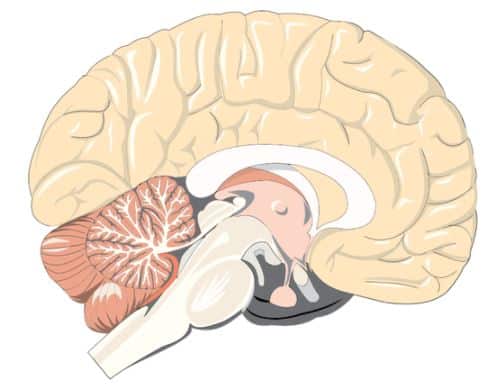
Causes of disabilities that begin with the brain
Brain Awareness Week celebrates not only the wonder of the brain, it honours brain science. Scientific studies of the brain reveal so much about how humans’ function.
Studies show how we process emotion, electricity (or energy) and illness. They reveal how changes to our brain can lead to changes in our bodies, such as disabilities, and therefore in our lives.
Often the causes of changes to the brain, or why they happen, are unknown or speculative. No-one is sure what causes Multiple Sclerosis or Parkinson’s, which is why more research needs to be done. Finding out exactly what causes them could help us to find a cure.
Brain science can lead to advances in treatments for different types of disability. The more scientists and researchers understand what causes a condition the easier it hopefully is to find a remedy.
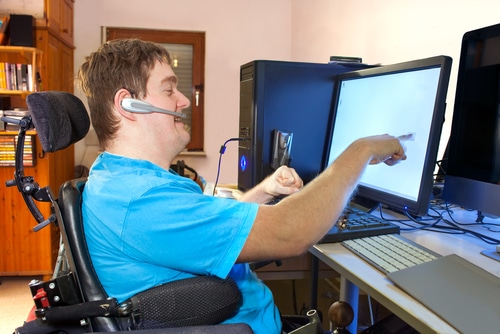
Protecting your mobility
Many disabilities that begin in the brain result in a loss of or reduced mobility. As a result, a converted car, wheelchair accessible vehicle, wheelchair and/or mobility scooter can be important enablers for being mobile and accessing the community.
Blue Badge offers affordable and reliable mobility equipment insurance. This helps reduce the costs of repairing or replacing your car, wheelchair, or scooter if it’s damaged, lost or stolen.
Read our customer testimonials to see what they say about our pricing, service and delivery.
Brain Awareness Week – over to you
We asked Eva to share her recommendation for a better quality of life each day. She says:
“Because cognitive disability is any condition that affects the brain, I would suggest finding helpful ways to improve yourself. Read, drink water, eat good food, learn new things. Exercise and live your life with passion.
We would like to thank Eva for her input in our article on Brain Awareness Week. We would also like to invite our Blue Badge Insurance readers to tell their story for Brain Awareness Week, by leaving a message in the comments.

